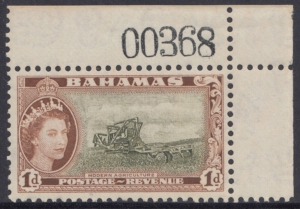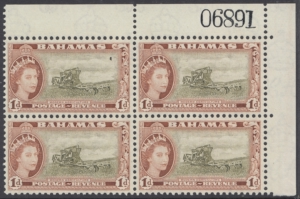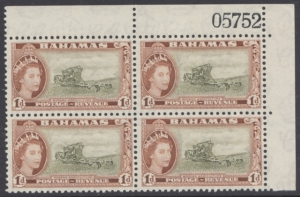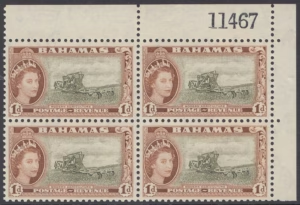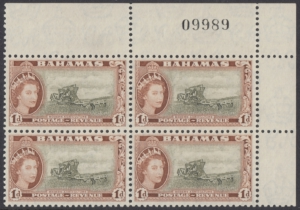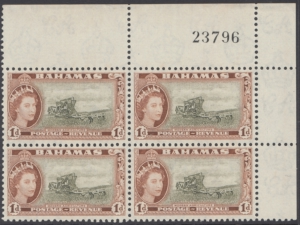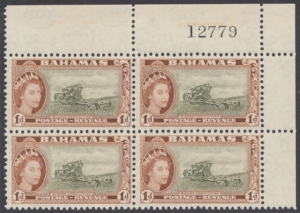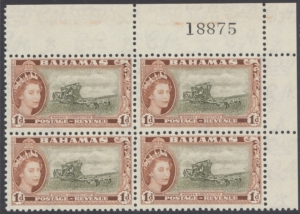Before the Second World War, about a third of all Bahamians were considered farmers – a figure which fell in 1953 to 10.55%.
In 1950, the Colonial Development Corporation in London announced an ambitious, multimillion pound development plans for Africa and the Bahamas. The two were linked together, under one umbrella, as under-developed areas of great agricultural potential within the British Empire. The corporation had earmarked £1,034,000 for the Bahamas. This amount was to be invested in agricultural land on Abaco, Eleuthera and Andros.
The corporation bought 8,000 acres on the island of Eleuthera, where pilot areas of such crops as citrus and pineapple were grown.
On the underdeveloped island of Andros, projects were established to grow tomatoes, fresh vegetables and potatoes for local and American markets, fodder crops for cattle on the other islands, and enough maize (corn) to meet the needs of the Bahamas. The project to grow tomatoes on Andros was cancelled on 1 March 1953 as uneconomical.
Abaco was investigated with a view to the production of cattle and other livestock to supply the demand for fresh meat in the islands.
Details
- Series: 1954 Definitive Series
- Subject: Modern Agriculture
- Designer:
- Printer: Bradbury Wilkinson & Co Ltd, New Malden, Surrey, England
- Process: Recess
- Paper:
- Watermark: Multiple Script CA
- Perf: 11 x 11.5 (comb)
- Plates: Printed in two panes of 60, separated by a vertical gutter and guillotined through gutter for distribution in single panes.
- 1 (Brown), 1 (Olive-Green) : 1a (Brown), 1a (Olive-Green) [Left pane : Right pane]
- Sheet: R10 x 6 (60 stamps)
- Quantity:
- Reprints:
- 2nd Printing – 14 April 1955
- 5th Printing – 21 November 1956
- 7th Printing – 19 February 1958
- 8th Printing – 14 January 1959
- 11th Printing – 7 February 1961
- 12th Printing – 23 January 1962
- 13th Printing – 8 January 1963


